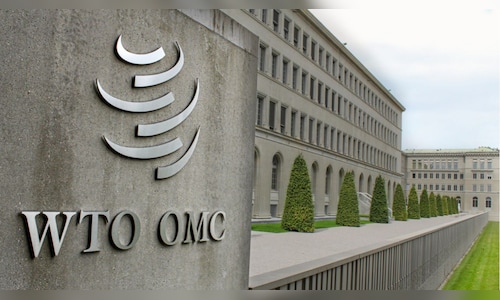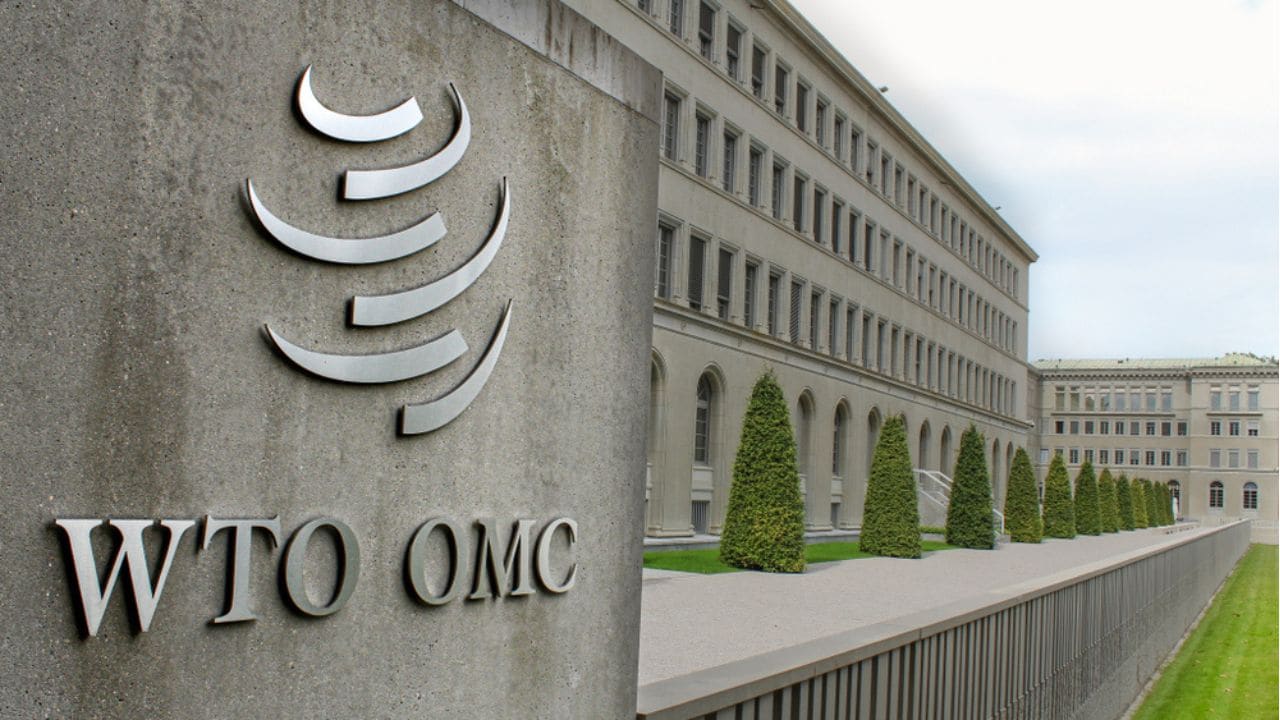

Highlighting disparities in subsidies, sources noted that India provides a $35 subsidy per fisherman annually, a stark contrast to the $76,000 per fisherman subsidy offered by industrialised nations like Norway. They emphasised the need to impose disciplines on distant water fishing countries, noting that several landlocked nations have supported the European Union (EU) and China on this issue. Despite global pressure, sources assured that India has managed to build coalitions to resist such moves successfully.
Last month, CNBC-TV18 reported that India’s Department of Commerce had been coordinating with the Ministry of Fisheries to refine and update the country’s demands at the WTO. India has consistently argued for safeguarding the rights of small fishermen and enforcing obligations on wealthier nations that have depleted global aquatic resources.
At the WTO’s 13th Ministerial Conference in Abu Dhabi earlier this year, India urged member countries to uphold the principles of fairness and justice in addressing overfishing and depletion of fish stocks.
The Indian delegation asserted that such issues were not caused by developing countries but were the result of actions by certain industrialised nations, who must be held accountable before any multilateral decisions are made.



